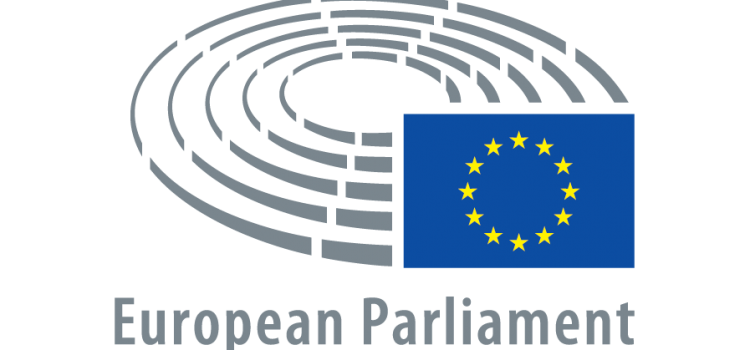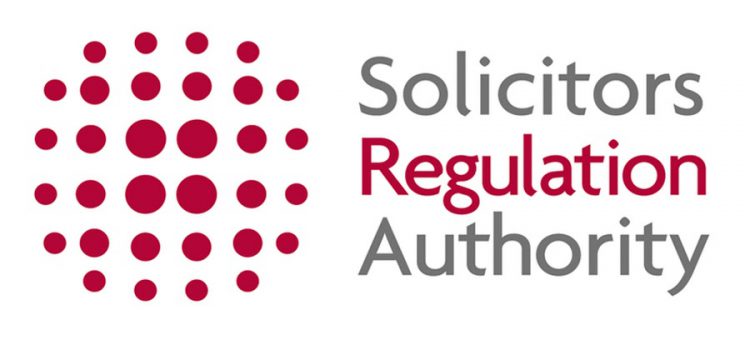2023 was yet another exciting year for growth at VinciWorks. With two more leading elearning providers, DeltaNet and EssentialSkillz, being fully merged into our brand, we are now able to offer around three times as many courses, and in multiple formats. We offer video courses, five-minute knowledge checks and in-depth courses that can be adapted to suit specific industries and roles.
Our development team has also been busy. We’ve built an in-browser editor into our courses and will release our “client portal” in 2024 to allow clients to seamlessly manage their staff’s training. We have also added multiple integrations to Omnitrack, software that allows businesses to manage data collection, follow-up, approvals and reporting, all from one centralised portal.
Let’s take a look at our achievements in 2023, before raising a glass to a new year.
2.3m video views

This number has almost doubled since last year and includes 3.8 million hours of video streamed. In 2023, we increased our video capabilities, allowing us to produce video courses using professional actors. We also have several courses that include both film and text, such as our new course on artificial intelligence.
Our most popular video courses in 2023:
Continue reading







